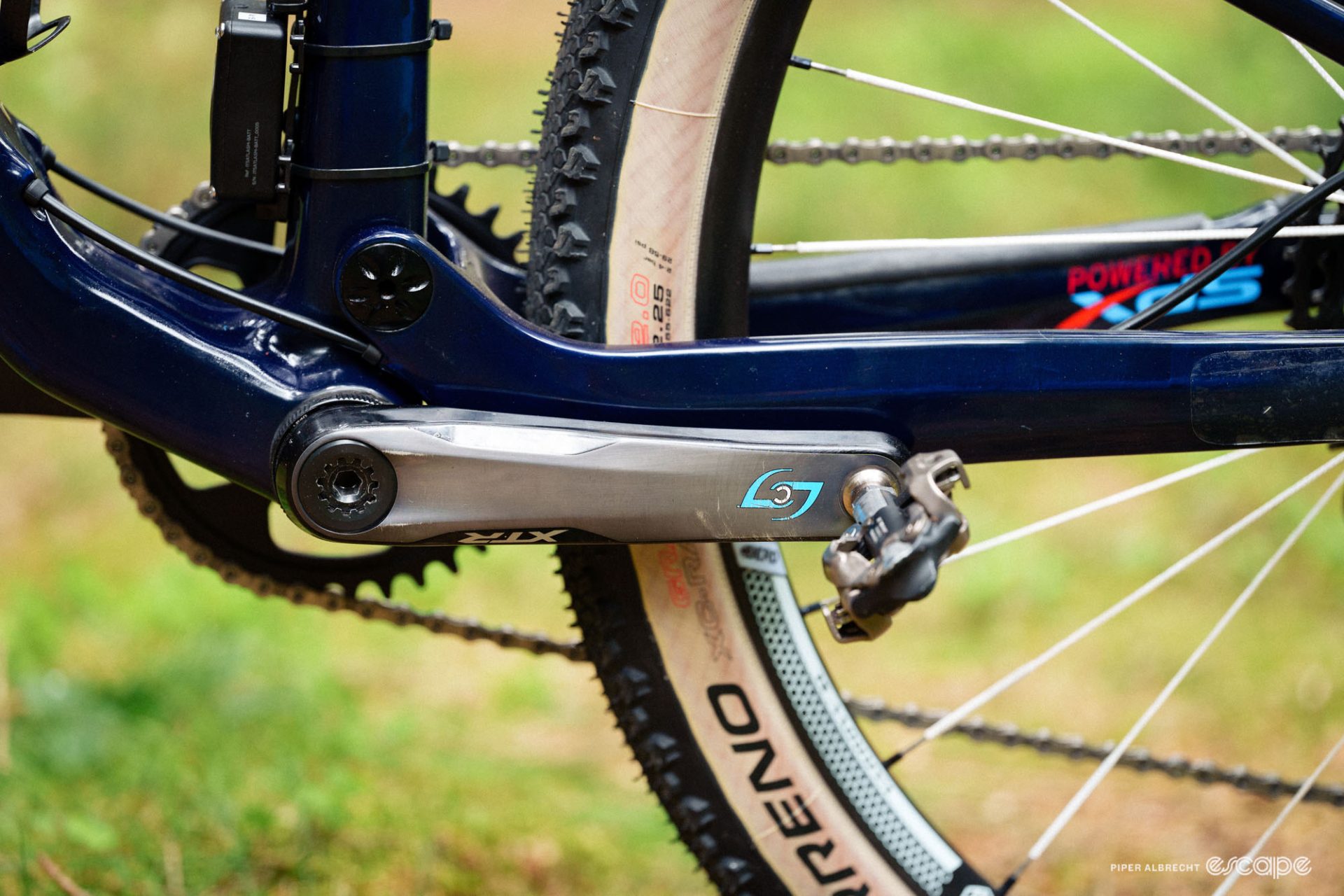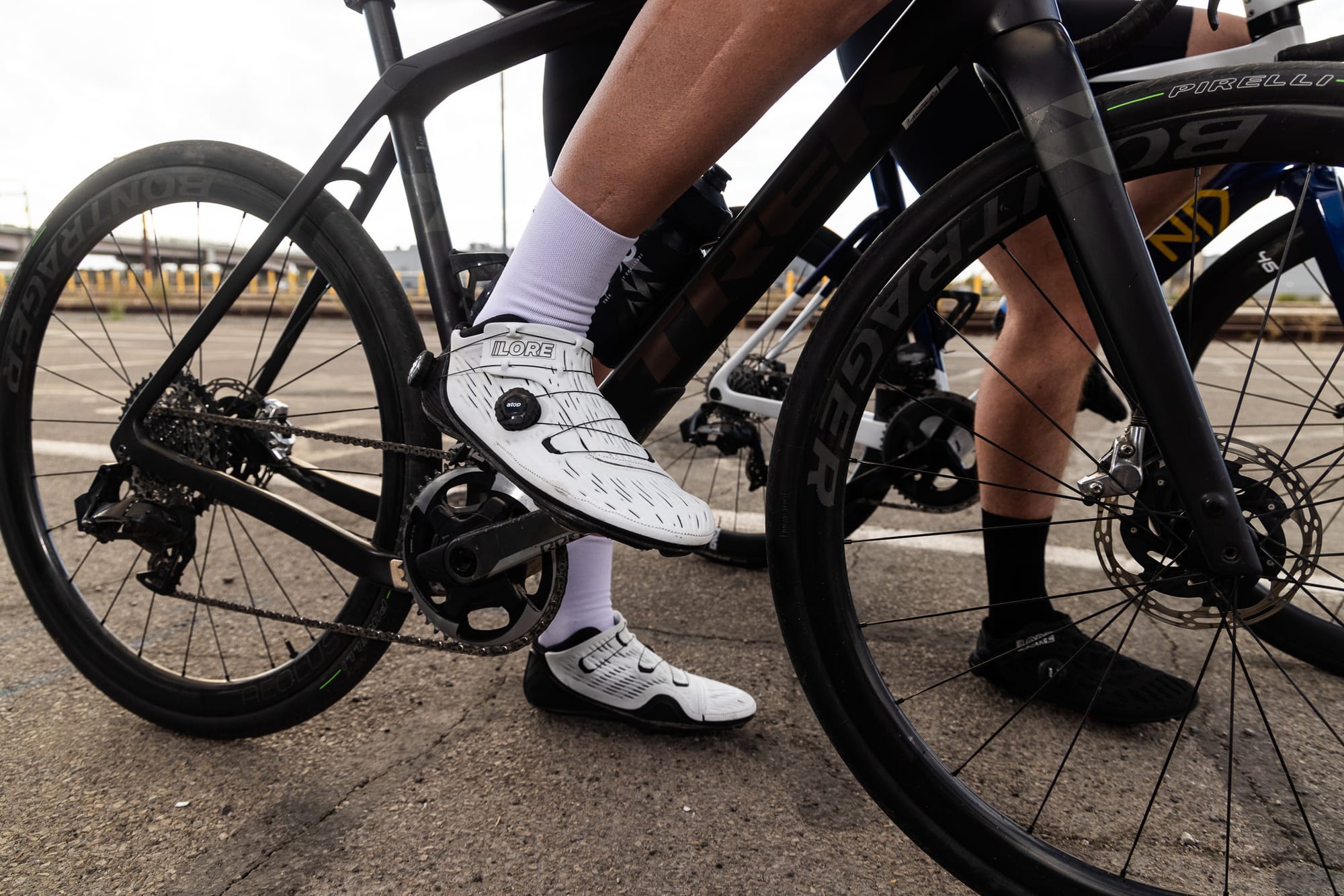Stages Cycling is seemingly the latest casualty of the ongoing industry crisis with sources close to the company indicating it laid off all its staff last week, as the company appears to edge closer to ceasing operations. The company is synonymous with power meters and had a hugely successful range of indoor bikes, but material sourcing, cashflow, and reliance on struggling health club customers seem to have compounded to send the company over the brink.
Multiple sources indicate the layoffs follow a lengthy period of uncertainty in the company as it battled first with a pandemic-related and significant – almost overnight – drop in demand coupled with resulting and ongoing cash flow and supply chain issues.
Stages Cycling initially started as a single brand under the Foundation Fitness (a distributor to the health club industry) umbrella but quickly grew into a standalone company and made a significant mark in the cycling space. The brand revolutionised the power meter market by introducing the single-sided power meter in 2012, making the technology much more affordable and accessible for the first time. Its recognition soared as it won multiple Grand Tours and World Time Trial Championships with Team Sky, establishing itself as a household name in the cycling world.
Stages built that household name on affordability, customer service, and, mostly, Shimano cranks, but that power meter offering was only one portion of its business. While most readers will be familiar with the Stages Bike range of indoor trainers, what is less well-known is that Stages made indoor bikes long before it made power meters and just how successful the indoor wing of the company was. While not always branded as Stages bikes, the company supplied bikes to many of the biggest fitness chains, including Soul Cycles, David Lloyd, and Equinox, to name just a few, with several hundred locations and many more bikes. One source we spoke to estimated the indoor section was above 50% of the company's operations, while another indicated it could have been as high as 80% at times. While the exact split is unknown, it's clear that Stages was very reliant on its indoor sector.
That reliance on health clubs and Shimano cranks left Stages in a difficult position when the pandemic struck as health clubs were forced to shut their doors, and the supply of Shimano cranks dropped almost to zero. Those issues were compounded by what Bloomberg described as an "unprecedented global shortage" of microprocessor chips. From its power meters to indoor bikes to the Dash head unit, all of Stages' major products require a crank arm (sometimes two), a chip, or both. The result for stages was a lack of inventory, just as the cycling industry was experiencing the COVID boom.
These supply difficulties led to cash flow issues: the brand couldn't sell what it didn't have, which ultimately led to greater supply issues as the company lacked the financial resources to replenish inventory, which in turn was further compounded by a sharp rise in shipping costs and ever-increasing lead times.
It seemed Stages may have weathered those storms when in January 2023 BRAIN reported Giant had acquired a 32.5% minority stake in Stages with a reported US $ 20 million investment. Ultimately, though, by May of the same year that deal had fallen through and the expected cash injection had gone with it.
That Giant deal is seemingly the closest Stages owners, brothers Jim and Scott Liggett, came to taking outside investment, so the same cash flow issues rolled on long after the world had seemingly more or less normalised post-pandemic.
The end result of those challenges has seemingly come to a head in recent weeks. Multiple sources close to Stages, who spoke on the promise of anonymity, indicated to Escape Collective that the company had initially ceased orders with suppliers and then ceased shipping to customers, and currently, the website shows most products as unavailable.
What's next?
With Stages laying off staff and seemingly ceasing operations, it seems bankruptcy is all but unavoidable at this point. Exactly what happens then is anyone's guess, but with its IP, strong brand, and position in both the indoor and outdoor markets, it seems unlikely the Stages name and offerings will disappear.
That said, the power meter market is undeniably much more difficult than it was when Stages entered a little over a decade ago. Stages can be credited with making power meters more affordable, but those same devices now sell for much less in nominal dollars than they did back then, and there are many more players in the market. As such, it seems that indoor space may present the biggest appeal for any potential buyers. When that market will recover from its own pandemic hangover (clubs were not only closed for an extended period, but the knock-on effects likely meant very few were investing in equipment upgrades) may well determine how much demand there is for Stages right now.
Escape Collective contacted Jim Liggett for comment but has not yet received a reply.
Did we do a good job with this story?




